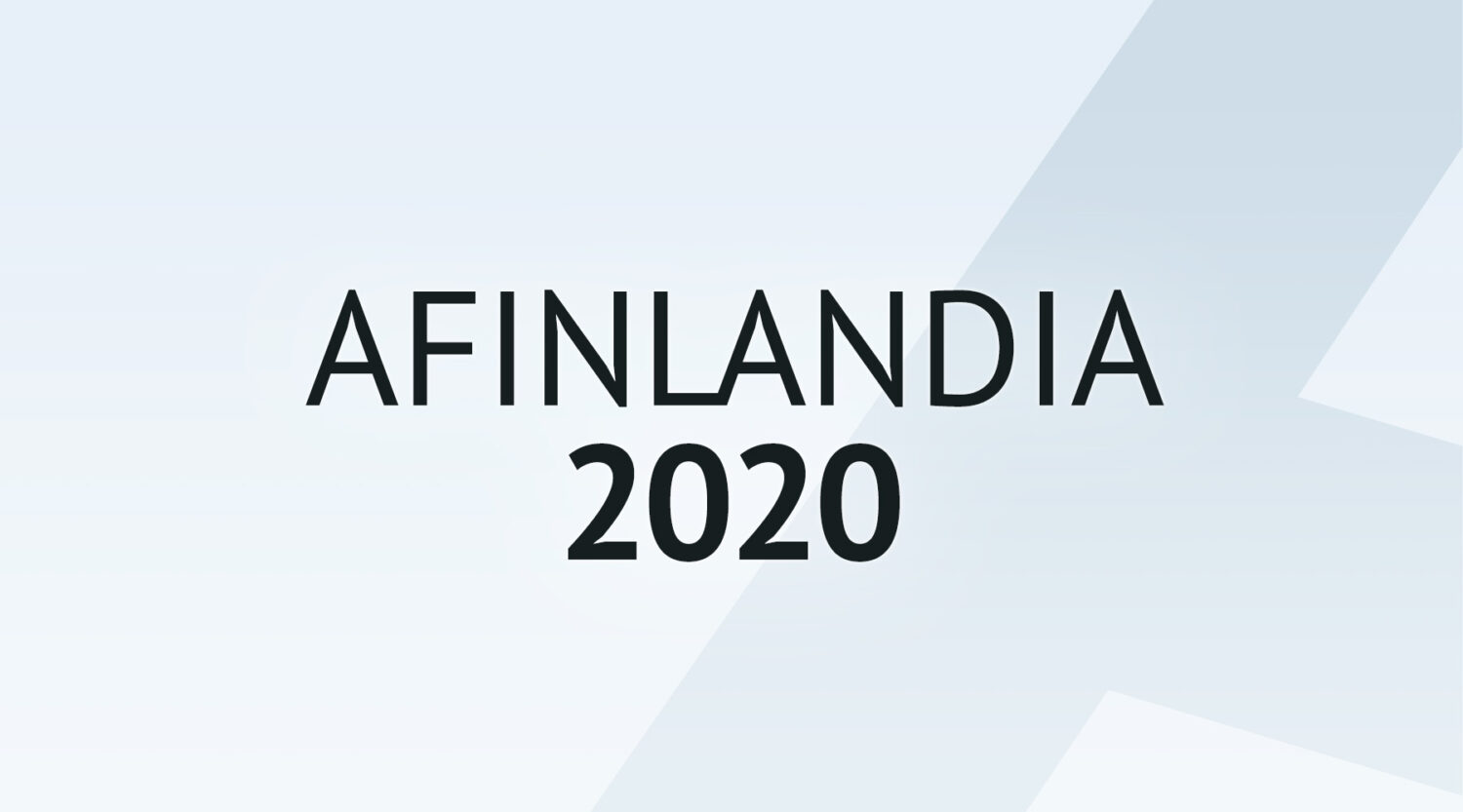Language Policy and Language Ideologies in A Multilingual Sweden Finnish School Community
The thesis is an ethnographic case study on language policy and language ideologies in a multilingual Sweden Finnish secondary school. This study aims to examine how the language policy of the school community is depicted in the descriptions of its members. Moreover, the study analyses what kinds of language ideologies can be read from these descriptions.
The context of the study is a Sweden Finnish secondary school located in an urban environment in Sweden. The school is profiled as bilingual and bicultural. The research material consists of recorded and transcribed ethnographic semistructured interviews with members of the school community and field notes written as a part of an ethnographic participant observation. The informants of the study are eight secondary school pupils aged 13-15, five subject teachers and two headmasters.
The study is sociolinguistic and utilizes ethnographic and inductive research methods. It relies on the theoretical framework of multilingualism and language policy research. In the study, multilingualism is viewed sociolinguistically as translanguaging, i.e. a dynamic action that crosses language borders, and individuals as languagers who use different resources in a flexible manner. In ethnographic language policy research language policy is regarded as a process, which is a crucial point of view also in this study.
The material is analysed with the help of qualitative content analysis and discourse analysis. The qualitative content analysis is applied in the examination of the school’s language policy. In this section the similarities and differences in the material are outlined, and then used to identify some broader themes. Thereafter, the material is studied with the help of discourse analysis in order to find out what kinds of language ideological discourses, i.e. shared ways of meaning-making, are activated in it.
In the study, the school’s language policy is demonstrated through five key thematic areas. The language policy is defined by dynamic multilingualism considered more multifaceted than bilingualism, the pupil’s active agency and the invisible work done for the multilingualism. Furthermore, the theme of protection and regulation regarding Finnish language as well as that of the conflicting conceptions of Sweden Finnishness become essential. In addition, the school’s language policy is influenced by the different and differentiated statuses of Finnish and Swedish. The status of Swedish as the academic language and that of the surrounding society is underlined, while Finnish is seen as the language of identity and connection to the origin, similarly to the findings of some previous studies.
There are four language ideologies that can be read from the school’s language policy: language as a right and an obligation, language as an identity constructor, language as a resource and language as a problem. The first three ideologies become active mainly inside the school community, while the language as a problem ideology appears rather as reflections of the surrounding society’s history and language policy. The informants often describe language and multilingualism in terms of richness or other type of strength. Language as a richness does not, however, form language ideology per se, because it is often specified by telling why language is a richness or what this positivity enables, which activates some of the three language ideological discourses named before.
The study also finds that there is an on-going language ideological negotiation taking place in the school community, where the right to different language resources and the power of defining their use is being negotiated. Even positioning of one’s self and others through language is considered as a language ideological process, and in the interviews, there are traces of negotiation over to whom the different resources belong and who is allowed to call themselves as Sweden Finns.
Key words: multilingualism, translanguaging, language policy, language ideology, etnography, qualitative content analysis, discourse analysis, case study, secondary school
Link: https://epublications.uef.fi/pub/urn_nbn_fi_uef-20191261/

